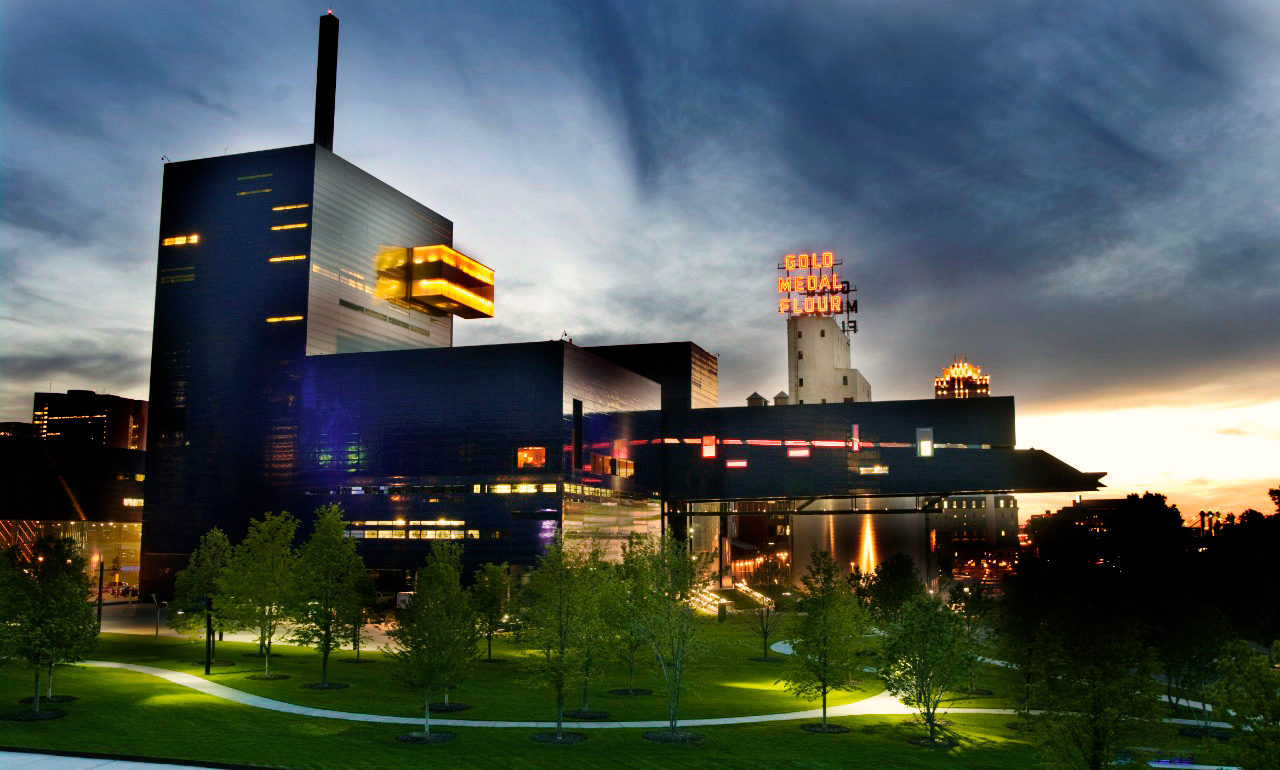MINNEAPOLIS: When I spoke to Joseph Haj, executive artistic director of the Guthrie Theater, in the early days of the pandemic shutdown, he told me that he and his board were “theorizing multiple scenarios: What if we can’t start till fall? What if we can’t start until the holidays? Okay, what if it’s not until the beginning of the next calendar year? Each scenario looks very different.”
Now, as the ripple effects of the coronavirus health crisis are felt throughout the economy, and the eagerness of folks to return to large gatherings in enclosed spaces has understandably plunged, the Guthrie has announced a season start well after any of those alternatives and offered a stark budgetary forecast, amending earlier projections. In a letter sent yesterday to the theatre’s staff, Haj informed them that the Guthrie’s next season would comprise just three shows, to run March to August of 2021, at a projected budget of $12.6 million, 60 percent smaller than the $25 million budgeted for the nine-show 2020-21 season that was to have begun in the fall. (That season plan was announced on April 10, revised down slightly from an initial season announcement of 11 shows at a $31 million budget.) Among the three shows planned, Haj said, are previously announced productions of Lynn Nottage’s Sweat and Noël Coward’s Private Lives. As Twin Cities Pioneer Press noted, this means that A Christmas Carol won’t be performed at the theatre for the first time in 46 years.
This is bleak news from one of the nation’s largest and most consequential nonprofit theatres, and it comes only after other, rosier scenarios were considered. In his letter, Haj wrote that initial plans were to “start later in the fall, but still produce nine shows in a more compressed calendar. We knew that this would be an optimistic scenario, but that we would then cancel shows if indeed we couldn’t produce and gather an audience for them. In the end we determined that path was neither feasible nor sustainable.
“The nature of our work, with long timelines to build productions, expense so heavily front-loaded, and revenue only secure when performances happen, meant that we were putting the organization at great risk, in both the short and long term, of running out of the funds necessary to maintain operations should we have to postpone or cancel multiple productions in the fall or early winter.”
Haj did float the possibility of “adding programming back into our schedule should the universe smile on us and people are able and willing to gather sooner,” but conceded that this is “not planned for in our current budget.” He also noted that a March 2021 opening might be deemed optimistic in itself, depending on how the remainder of the year plays out. His letter alluded to but did not detail layoffs that this plan will necessitate, noting that the theatre’s “largest source of revenue is earned income,” and a shutdown of this length will seriously imperil its finances.
In a stirring video message posted last week, Haj looked back to Western theatre’s origins in ancient Greece and affirmed his faith that “fundamentally our art form is the same as it ever was. We’re storytellers…Given the centuries-old tradition of telling stories onstage, I would argue that theatre is not some old-fashioned practice that has survived accidentally. Perhaps it has thrived because it is one of society’s proven necessities.”
And in his letter to staff, he looked back to the origins of the Guthrie itself, noting that the theatre’s first season comprised just four shows, running May to September of 1963. “From those four shows we grew,” Haj said. “We will grow again and we will thrive again. But, for a time, we will necessarily be a much smaller version of ourselves. We remain focused on our mission, vision, and values and are taking steps now to ensure that we will come back in a way that allows us to grow and continue to serve the amazing community that has supported us for nearly 60 years.”


